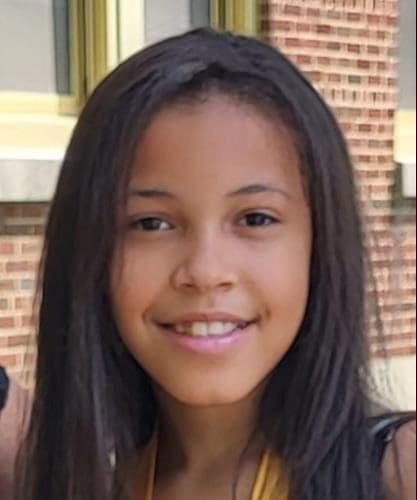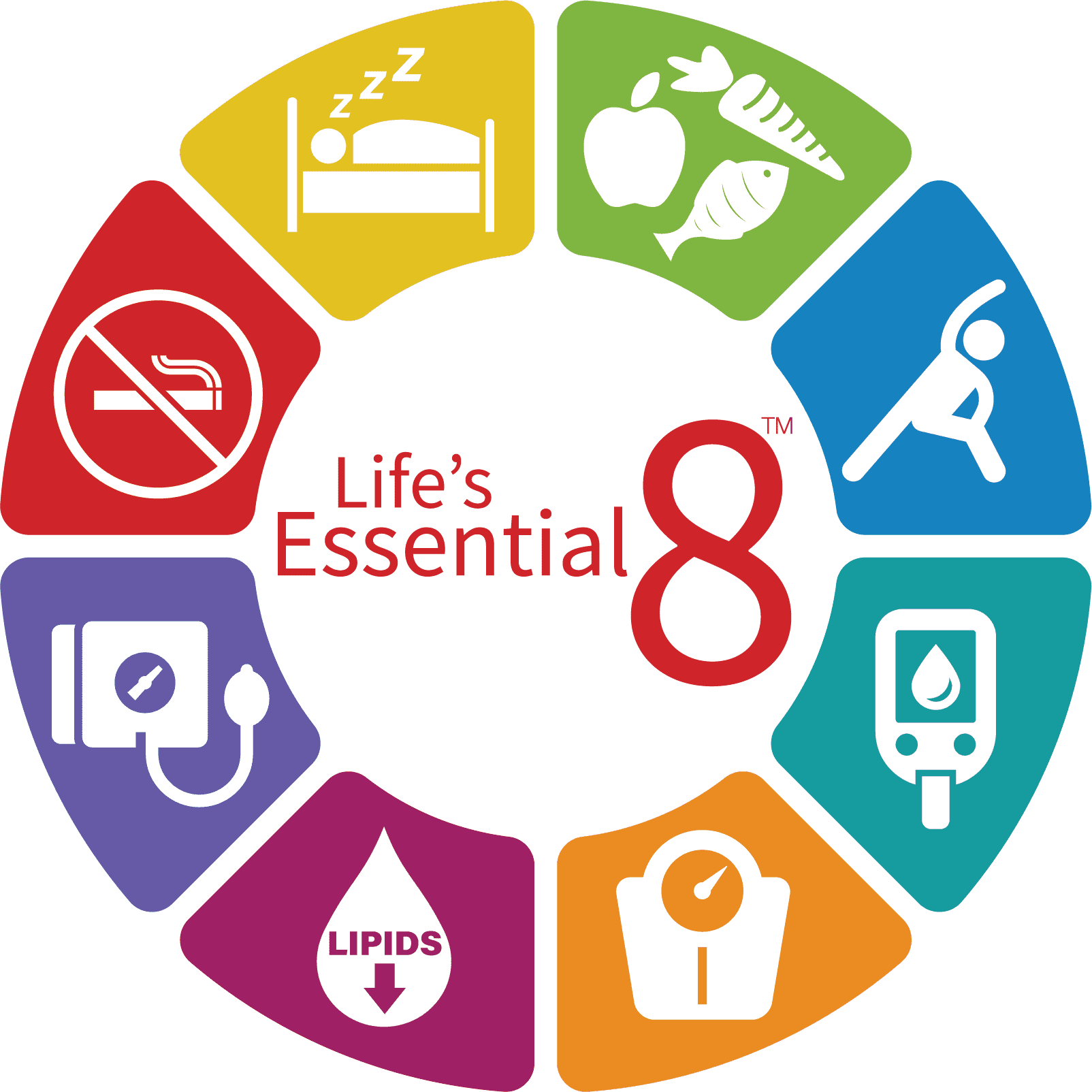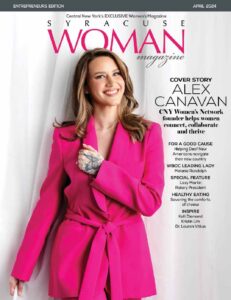Kayla McKeon might not look like a high-powered Washington insider, but she’s getting things done on the Hill.
Kayla, a Cicero native, is the first registered lobbyist with Down syndrome. As the manager of grassroots advocacy at the National Down Syndrome Society, she advocates in Washington for the rights of people with special needs. She was brought on board in October of 2017 by NDSS President and Chief Executive Sara Hart Weir, who called Kayla “one of the most impressive young, vibrant individuals… I have ever met. She’s spunky, she doesn’t take no for an answer, and she’s quite charming. She has all the characteristics of an exceptional lobbyist.”
Kayla honed those skills as a Global Ambassador for the Special Olympics, in which she’s been a participant since the age of 13. As an ambassador, she speaks about the importance of the Special Olympics to what she calls “the differently abled.” Kayla is also an athlete — she competes in track and field, softball, bowling, soccer, bocce, floor hockey and basketball, and she was invited to participate in the World Games in Athens in 2011, where she won silver and bronze medals.
“It was literally amazing,” Kayla said. “It was like winning the lottery.”
Kayla’s political career began with a two-year internship in the office of Rep. John Katko (R-Syracuse). She met him at a Syracuse Chiefs baseball game and then again at a church fundraiser. The two exchanged business cards, and Katko was so impressed with the way Kayla carried herself that he offered her an internship. That’s where she attracted the attention of the NDSS, who approached her with the offer of a lobbying position.
“Lobbying came to me, because I did it as a volunteer and I found it kind of easy to meet and talk to a ton of men and women, as well as senators,” she said.
Kayla lives full-time in Cicero with her parents, Patti and Mark McKeon, and her dog, a shih tzu named Bella, and travels frequently to Washington, D.C., to advocate for bills that will improve the lives of people with disabilities. She’s particularly proud of helping to make changes to the ABLE Act in 2017. The ABLE (Achieving a Better Life Experience (ABLE) Act was originally passed in 2014 and allowed people with disabilities and their families to set aside money for expenses related to disabilities without an impact to benefit payments. Under the 2017 Tax Cuts and Jobs Act, the following changes were enacted:
- The account contribution limitations were increased
- The ABLE to Work Act allows people with disabilities to save their earnings in ABLE accounts without impacting government benefits
- The ABLE Financial Planning Act allows beneficiaries to roll over 529 accounts into 529A (ABLE) accounts up to the annual maximum contribution, so that if students with disabilities are unable to go to college, those funds can be used for other disability-related expenses
“I’m most proud of that,” Kayla said.
But her work is far from done. Kayla is currently pursuing her associate’s degree at Onondaga Community College, and she hopes to ultimately live independently. But more importantly, she wants to see some major legal changes for people with disabilities.
“I think we still have a long way to go,” she said. “We need to end subminimum wage, because people like me are still getting paid pennies per hour while doing the same job.”
According to the U.S. Department of Labor, some workers can be paid a rate below the prevailing minimum wage, including “student-learners (vocational education students), full-time students employed by retail or service establishments, agriculture, or institutions of higher education… and individuals whose earning or productive capacity is impaired by a physical or mental disability, including those related to age or injury, for the work to be performed.”
“That’s not right, and it’s definitely not fair so we would like to have that [changed],” Kayla said. “Down syndrome doesn’t stop us. Old, outdated laws do.”
Kayla encouraged other differently abled individuals to follow in her footsteps.
“I’d love to see get them involved and hear them share how strongly they feel about whatever it may be, and then start to talk to people about it,” she said. “You’ve got to start small until you are comfortable speaking. If you’re not comfortable that’s okay, too, because you can be the person behind the scenes making those phone calls and making signs. Every little thing helps you get there in the long run.”





